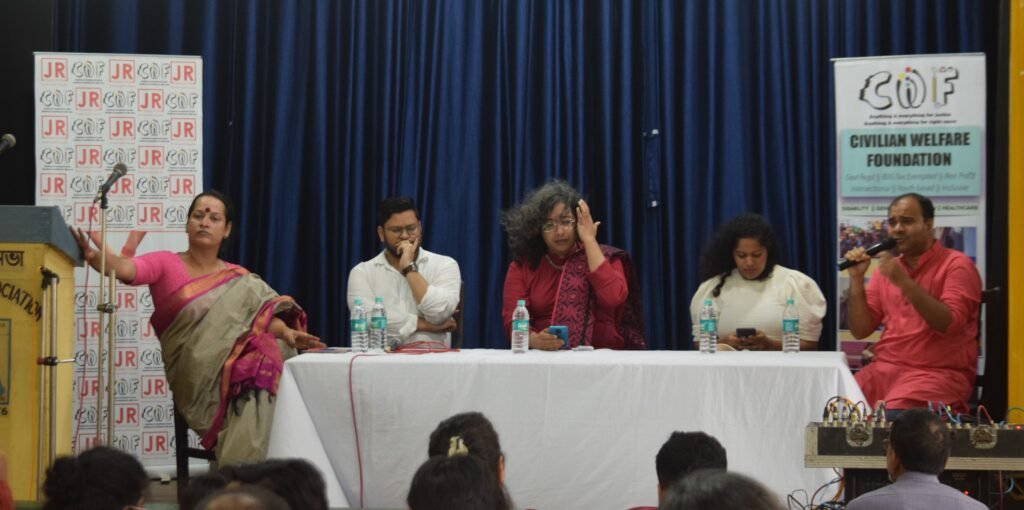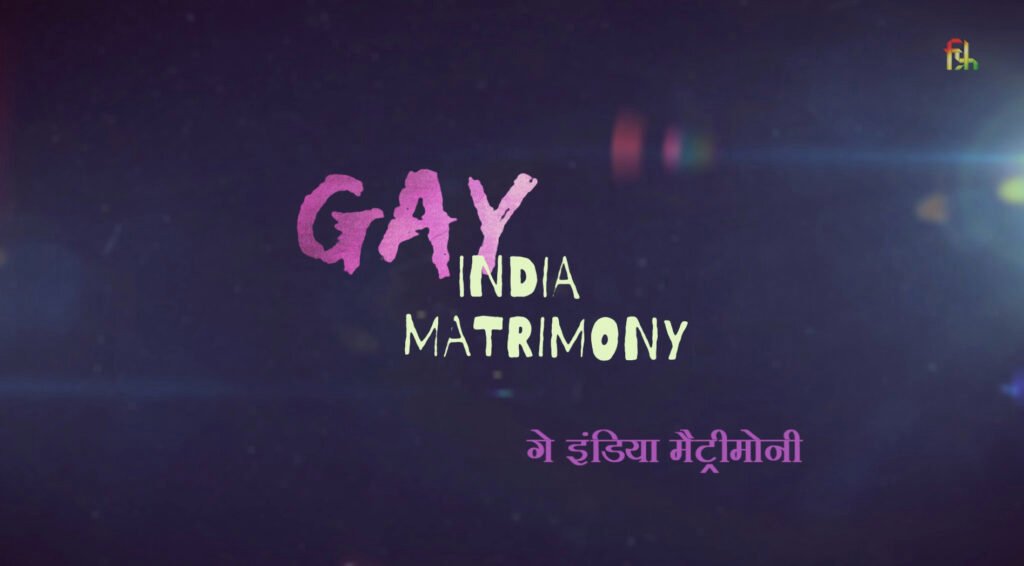Despite June being hailed as the Pride Month, issues of gender and sexual minorities extend beyond it. One such raging current issues is that of marriage equality. In recent times, decriminalisation of Section 377 of the Indian Penal Code by the Supreme Court in 2018 was one historic step towards equal rights for the LGBTQIA+ community. But India is yet to legalise same sex marriages in spite of several petitions in the past. However, recently the Supreme Court decided to finally address several petitions to legalise same-sex marriages the final decision to which is yet to be drawn.

To draw on this discourse, Civilian Welfare Foundation held a talk titled “Pride Beyond Pride Month: Marriage Equality and Its Potential of Economic Empowerment”. The event, which was held on the 28th of July at the heritage venue of Bharat Sabha Hall saw several eminent panellists take on different aspects of the topic including Aparna Bandyopadhyay, Transwoman activist and Founder of Amitie Trust; Bappaditya Mukherjee, Gender and Rights Activist and Founder of Prantakatha; Sayak Manna, PhD scholar and Queer Activist; Debayan Sen, Advocate of Calcutta High Court and Rishika Roy, Head of Committees and Partnerships of Indo-french Chamber of Commerce and Industry.
One important aspect of marriage equality that has often been ignored was widely discussed in this session: its potential of economic empowerment. In India, two people of the same sex can get married but not receive the legal recognition and advantages like that of a heterosexual couple. Granting them equal rights thus opens new avenues of economic empowerment. They shall then have greater financial security and make major purchases like houses and cars, thereby increasing their consumer spending. It also gives them access to employee benefits like health insurance, pensions and family leaves. The government could also benefit from this as legalising same-sex marriages will mean that couples can file tax returns together which increases the tax revenues received by the government. Not to mention the boost to the wedding and tourism industry. Same sex couples will always prefer to get married in a country where their marriage stands legal. Therefore, if India legalises it, couples from various other countries would come to India and get married to get legal status. And none of us are blind to how pompous and affair a marriage can be! It generates ample revenue across a variety of sectors, thereby positively impacting the economy as a whole.
The event also saw a screening of ‘Gay India Matrimony’- directed by Debalina Majumder, Gay India Matrimony is a film documenting the journey of 3 individuals who are out exploring their marriage prospects. Shot over a period of 5 years, this documentary also captures the defining moment of reading of Section 377 on 6th September, 2018. With over 32 screenings despite various hurdles and resistance, this film sheds light on various aspects of same-sex marriage. Such films make one wonder about marriage as a social institution and its positive and negative sides. It gave the perfect ending to a session which helped the audience gain a clearer perspective on the rights of the queer community and our collective responsibility for the same.


